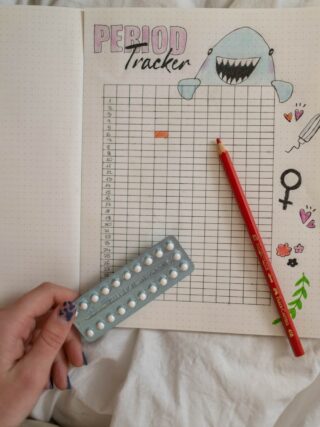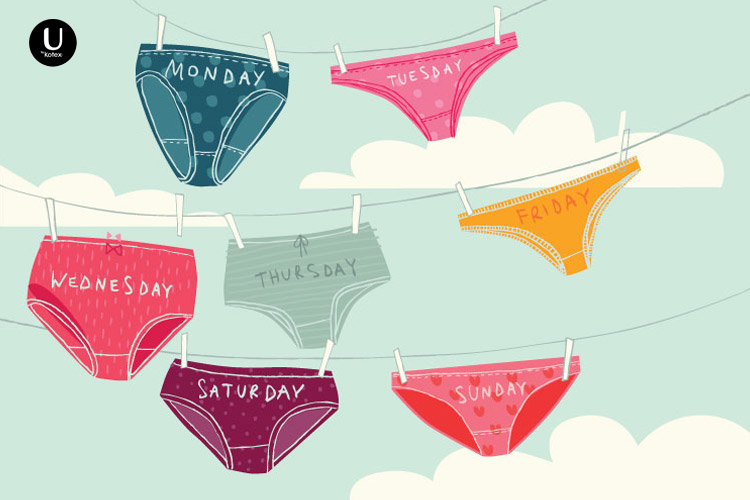 Even though 3.3 million Canadians are touched by it, urinary incontinence remains a taboo subject in 2015. According to the brand Depend, the leader in the incontinence field, close to 10% of the population is affected by this symptom! These numbers probably shock you, right? Now, why are we so reluctant to talk about this openly? Let’s shed the light on this feminine problematic, shall we?
Even though 3.3 million Canadians are touched by it, urinary incontinence remains a taboo subject in 2015. According to the brand Depend, the leader in the incontinence field, close to 10% of the population is affected by this symptom! These numbers probably shock you, right? Now, why are we so reluctant to talk about this openly? Let’s shed the light on this feminine problematic, shall we?
What is incontinence?
Incontinence isn’t a disease, but a physical disorder where the primary symptoms are uncontrollable and involuntary urinary discharges that can happen during the day or at night. Normally, the bladder holds the urine produced by the kidneys and will send a signal to the brain before evacuating it. If there are various complications in the urinary system, the connection between the brain and the bladder will be interrupted, which can generate spontaneous urinary discharges. Although this disorder happens more often to older women, it can also occur amongst young women. After a pregnancy or a surgery for example, the muscles in the pelvic floor might weaken and cause a loss of control of the bladder.
What are the causes?
There are many types of incontinence that can provoke different symptoms. That’s why it is important to talk to a health professional so that the problem can be targeted and treated correctly. Urinary discharges can be caused by various factors, for example;
-Pregnancy, giving birth or a hormonal unbalance during the menopause
-Hysterectomy
-Natural aging of the muscles in the bladder
-The intake of certain medication
-The consumption of certain foods that can irritate the bladder, like alcohol, spices and acid foods.
How to manage urinary discharges daily?
Urinary incontinence can create a lot of stress for women daily that will push them to adopt extreme measures, in the purpose of not having to reveal this condition to others in the fear of being looked down upon. Imagine having to always check up after yourself during a demanding workout session. Even worse, fearing outings and stopping certain activities in fear that an “accident” might happen! Fortunately, there is help and even simple solutions! It is by opening a natural and honest dialogue about this feminine trouble that we can change the way people think about this. Because after all, why should we change our lifestyles?
It is time for a change…









